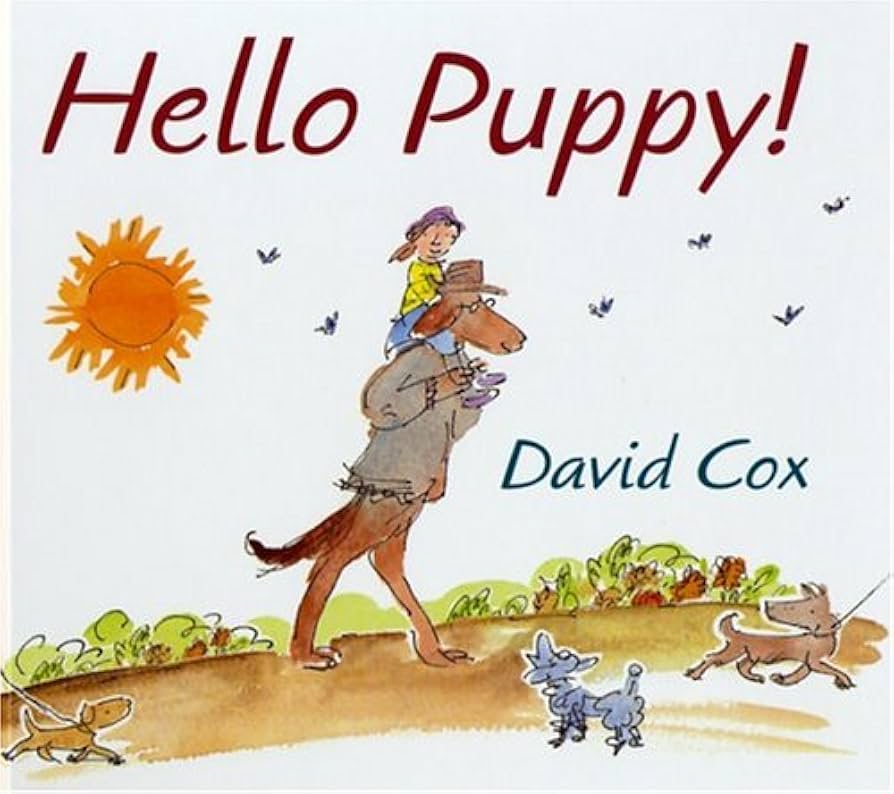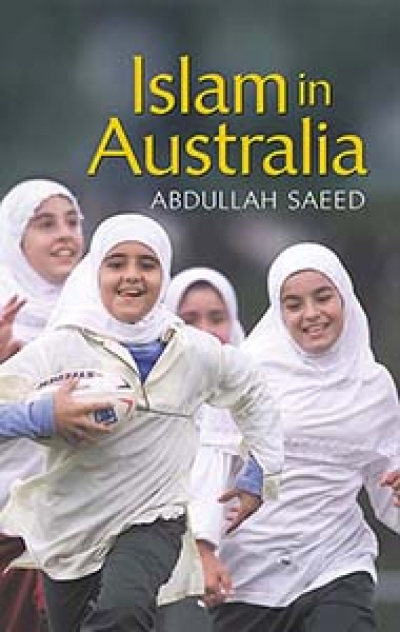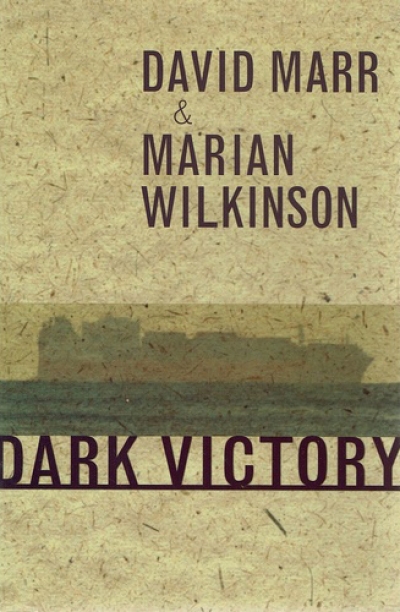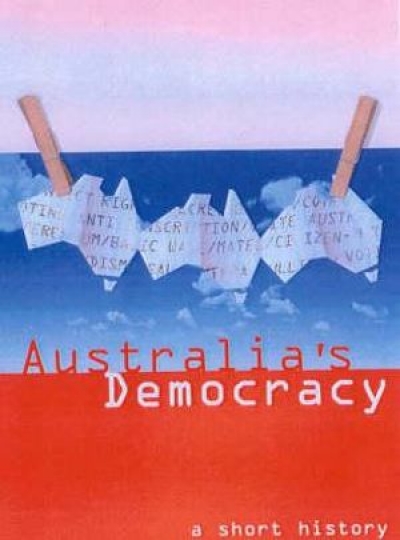Allen & Unwin
Film | Theatre | Art | Opera | Music | Television | Festivals
Welcome to ABR Arts, home to some of Australia's best arts journalism. We review film, theatre, opera, music, television, art exhibitions – and more. To read ABR Arts articles in full, subscribe to ABR or take out an ABR Arts subscription. Both packages give full access to our arts reviews the moment they are published online and to our extensive arts archive.
Meanwhile, the ABR Arts e-newsletter, published every second Tuesday, will keep you up-to-date as to our recent arts reviews.
Recent reviews
North of Capricorn: The untold story of Australia’s north by Henry Reynolds
by Nicholas Jose •
Australia’s Battlefields in Viet Nam by Gary McKay & On the Offensive by Ian McNeill and Ashley Ekins
by Jeffrey Grey •
Hello Puppy! by David Cox & Milli, Jack and the Dancing Cat by Stephen Michael King
by Virginia Lowe •
Dark Victory by David Marr and Marian Wilkinson & Don’t Tell the Prime Minister by Patrick Weller
by Morag Fraser •
Australia’s Democracy by John Hirst & The Citizens’ Bargain edited by James Walter and Margaret Macleod
by Patricia Grimshaw •










